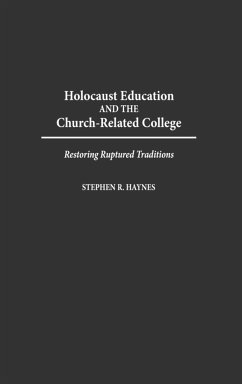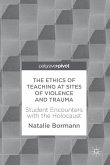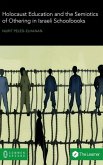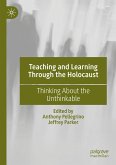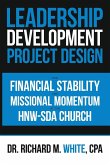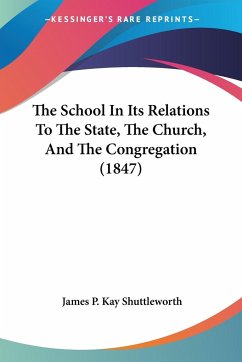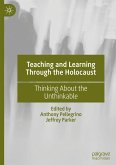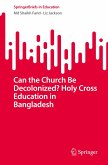American church-related liberal arts colleges are dedicated to two traditions: Christian thought and liberal learning. According to Haynes, the moral continuity of these traditions was severed by the Holocaust. Because so many representations of these traditions contributed to the Nazis' ideological and physical efforts to annihilate millions of men, women, and children, it is unclear whether these traditions can any longer be said to facilitate human flourishing. Haynes presents a convincing argument that the post-Holocaust church-related college can participate in the restoration of these ruptured traditions through a commitment to Holocaust Education. This book provides valuable information for teachers who already offer a Holocaust course or for those who are considering doing so. In addition, the author presents an accurate picture of Holocaust Education at church-related colleges through an analysis of his nationwide survey. This book will be an important resource for scholars, teachers, and administrators.
Hinweis: Dieser Artikel kann nur an eine deutsche Lieferadresse ausgeliefert werden.
Hinweis: Dieser Artikel kann nur an eine deutsche Lieferadresse ausgeliefert werden.

